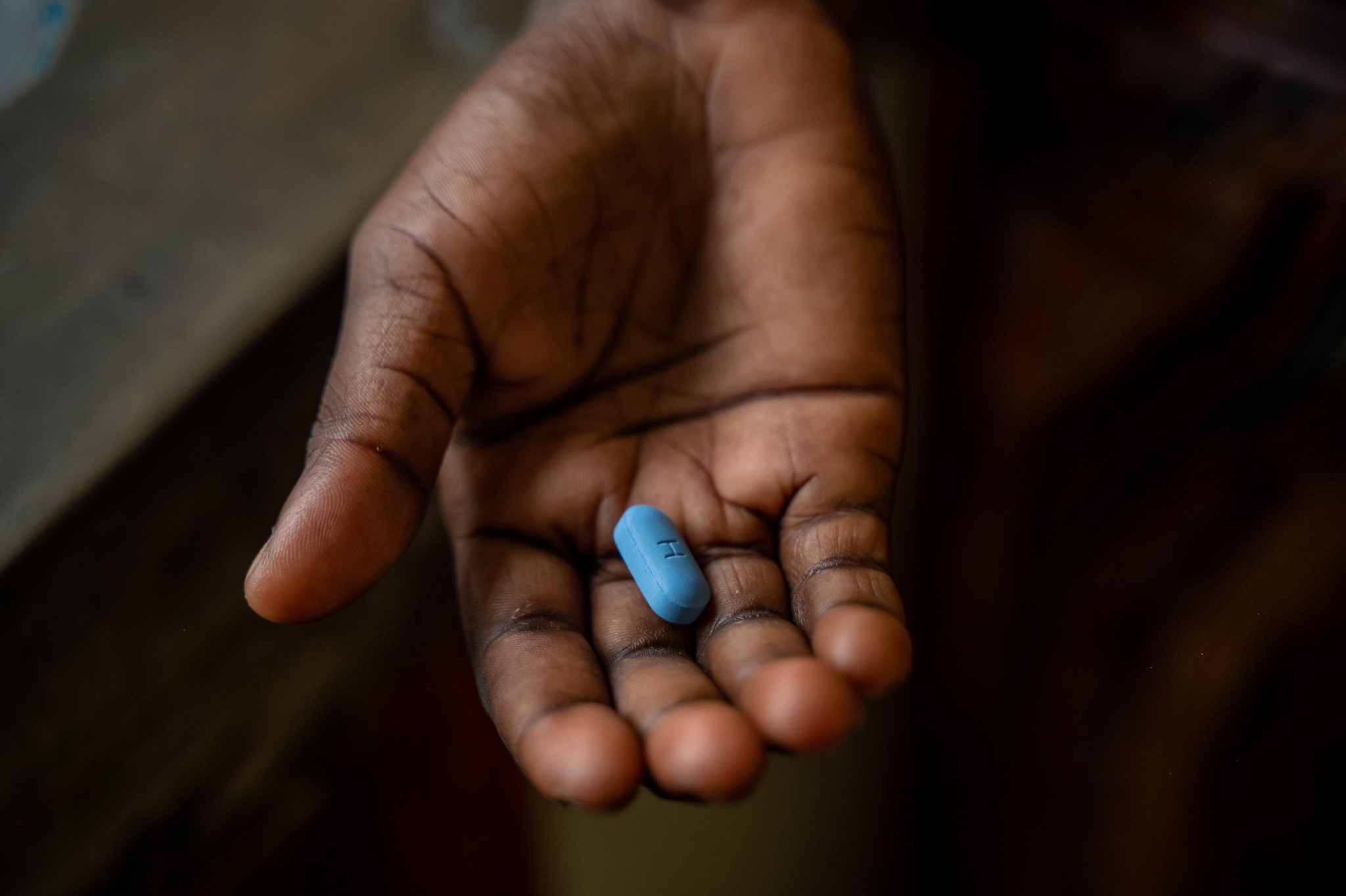
Newham is proud to be part of a pilot to allow residents access to pre-exposure prophylaxis (PrEP), a medicine that, when taken correctly, reduces the risk of acquiring HIV through sex by around 99%.
Elton John AIDS Foundation, together with Fast-Track Cities, Gilead Sciences and ViiV Healthcare, is investing over £1 million in two pilot programmes. The first is across North East London (Barking and Dagenham, City of London, Hackney, Havering, Newham, Redbridge, Tower Hamlets and Waltham Forest), while the second is in three cities across the UK.
The pilot aims to bring London closer to achieving zero new HIV cases by 2030. It will do this by increasing the ways people can access PrEP and engaging those who haven’t used it before. Making access easier should also relieve pressures on sexual health clinics. The pilot includes a focus on addressing the stigma associated with HIV and PrEP, and fostering inclusivity through training and community outreach.
Jason Strelitz, Newham’s Public Health Director said:
We are deeply grateful to the support of the Elton John AIDS Foundation for support this hugely important initiative across North East London. PrEP has made a huge difference to our ability to prevent harm from HIV AIDS but we know not all parts of our population are sufficiently benefiting and HIV diagnoses are rising among some communities. This initiative will directly tackle health inequalities and improve peoples lives across our North east London communities.
Anne Aslett, CEO of the Elton John AIDS Foundation:
The Foundation has proven experience of designing and funding successful pilots that go on to achieve impact at scale. At a time when public health budgets are under pressure, we believe these pilots will show that investing in prevention is not only life-saving but also cost-effective, reducing the long-term burden on the NHS by averting new HIV infections before they occur. If the UK is to meet its goal of ending new HIV cases by 2030, it is essential that the new HIV Action Plan, set to be published by the UK government this summer, prioritizes PrEP access, along with HIV testing and strengthening high-quality HIV care.
What is PrEP?
PrEP is taken by someone who doesn’t have HIV, to prevent them from getting HIV. If a person taking PrEP is exposed to the HIV virus, the PrEP drugs they have taken prevents HIV from entering their cells and from replicating. This stops the person taking PrEP from becoming infected with HIV.
Many people don’t know that PrEP exists, don’t consider themselves at risk, or aren’t aware that NHS services like PrEP are free. Others may not feel comfortable going to a clinic or may face additional barriers, such as insecure immigration status or past negative experiences with healthcare.
PrEP involves taking medication (one tablet a day) that can reduce the risk of acquiring HIV from sex by around 99 per cent when taken as prescribed. PrEP has been available free of charge from NHS since 2020, but many people who could benefit from this drug are still not accessing it.
Access to PrEP is also far from equal. In 2023, women made up 30 per cent of new HIV diagnoses, yet only 3.1 per cent of PrEP users in England are women. A key part of this pilot will be focused on increasing that number.
Expanding access to PrEP in North East London
North East London’s population of two million people includes a high proportion of groups at increased risk of HIV who experience poor PrEP access – notably Black African and Black Caribbean heterosexuals, migrants from at-risk countries, and young gay, bisexual and other men who have sex with men. Although new cases of HIV declined by about 60 per cent between 2018 and 2021 in the UK, North East London rates remain among the highest in the country.
The North East London pilot, called Expanding PrEP Access through Novel Delivery in North East London (ExPAND-NEL), aims to provide PrEP to over 3,000 additional residents over 18 months. That will mean a 60 per cent increase in current PrEP coverage across the seven local authorities.
The pilot will use innovative methods to promote and deliver PrEP, such as a digital service for online assessments, and postal kits, and PrEP clinics in GP practices and community settings. The pilot will then be evaluated, and the findings will be used to support the development of a sustainable blueprint for PrEP services that is scalable and transferable across the UK.
For more information about PrEP and how to access it, go to AllEast.
